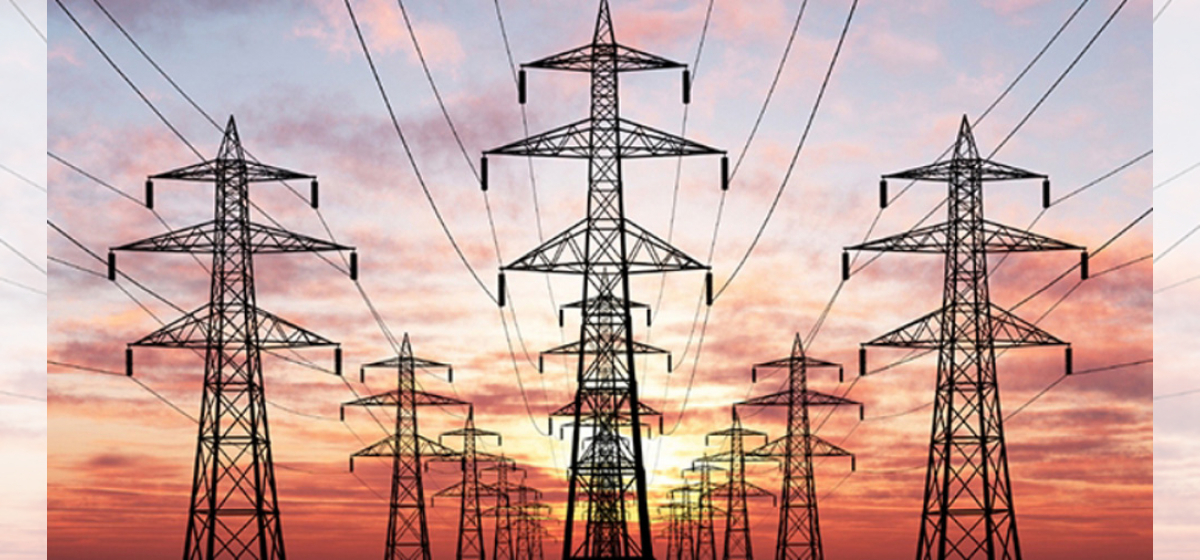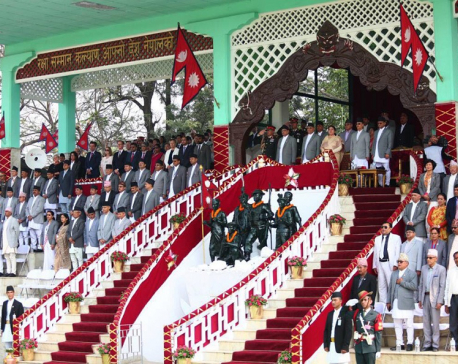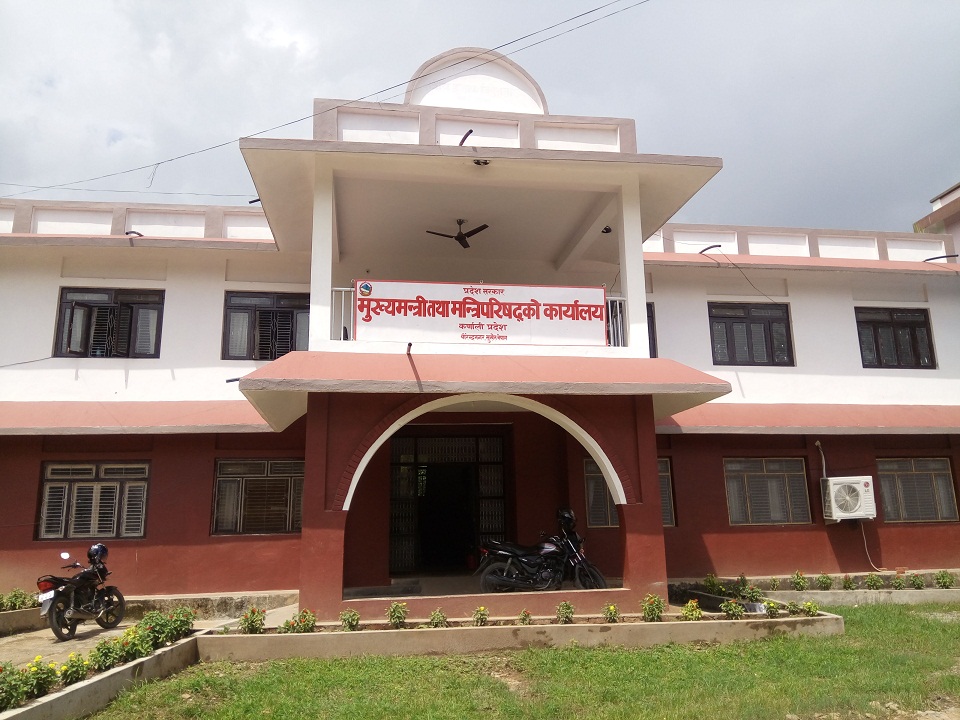
OR
Electricity bill gathers dust for the past one and a half decades
Published On: January 23, 2023 09:15 AM NPT By: RAJESH KHANAL

Absence of related act slows down energy sector development: Experts
KATHMANDU, Jan 23: The government has failed to bring in the new electricity act even in one and a half decades of finalizing the related draft.
Speaking at an interaction on Saturday, the stakeholders and experts of this sector said the dilly-dallying in the enactment of the law has impeded the desired development of the country’s energy sector. Currently the electricity bill is at the purview of the National Assembly.
The bill to amend the Electricity Act-1992 has envisioned amending and integrating existing electricity laws. It has maintained provisions to provide licenses to the private sector to trade electricity within and outside the country. The bill has remained undecided in the parliament.
According to the stakeholders, in the lack of the related laws, the Nepal Electricity Authority (NEA) has been unable to sign new power purchase agreements, the private sector has failed to receive permission for power trade and the country has failed to expand the electricity market both in the domestic and international arenas. They urged the new government to play an effective role to solve the existing problems in the country’s energy sector.
Dilli Bahadur Singh, chairman of the Electricity Regulatory Commission (ERC), said the inadequate resources available with the commission have impeded the pace of devising necessary legal framework. He blamed the changing political situation and the lack of government support for a suitable environment to carry out necessary works.
“Although the government has delegated the ERC an extensive working area, except to issue electricity producing licenses, we are unable to enjoy the work freedom due to a shortage of manpower,” Singh said. “If the electricity act is approved soon, it will clearly define the role of ERC along with taking the electricity development to a multi dimensional task.”
Dipak Gyawali, former minister for water resources and an expert at the Nepal Academy of Science and Technology (NAST), said the government needs to first sort out whether electricity is a private, public or social good to formulate separate strategies accordingly. He said it would not be feasible for Nepal to achieve economic prosperity by selling electricity to India.
“There is a high demand for electricity in India, but there is no energy market for us. As long as we have to depend on the jurisdiction of the southern neighbor to sell our electricity, how is the market there secured for us in the long term?” Gyawali raised the question.
According to Gyawali, the electricity bill was registered at the parliament in 2009 while 142 points were amended over the period. “However, the bill has not been given a way out on various pretexts,” said Gyawali, adding that the ERC is left stranded in the absence of the related electricity act.
Mukesh Raj Kafle, former managing director of the NEA, has also sought the need for an electricity act to solve the problems existing in the sector. Kafle criticized the present government for reducing the target of electricity production. “As the target for 15,000 MW was already set to be produced by 2028, the government surprisingly has said to produce just 6,500 MW within the stipulated time,” he said.
Kumar Pandey, a private sector hydropower producer, said they have been facing the problems related to forest, environment and land use while constructing the energy related projects. “Until the new electricity act comes out, the electricity development cannot take the desired pace,” Pandey said.
You May Like This

Govt expedites process to provide subsidized loan to startups
KATHMANDU, August 12: The government has expedited the process of providing subsidized loans to startups that have remained on hold since... Read More...

Paradox of republic
Impartiality has been one of humankind’s longest and the most elusive pursuits. Despite a variety of reforms enacted throughout history,... Read More...


Just In
- 70 community and national forests affected by fire in Parbat till Wednesday
- NEPSE loses 3.24 points, while daily turnover inclines to Rs 2.36 billion
- Pak Embassy awards scholarships to 180 Nepali students
- President Paudel approves mobilization of army personnel for by-elections security
- Bhajang and Ilam by-elections: 69 polling stations classified as ‘highly sensitive’
- Karnali CM Kandel secures vote of confidence
- National Youth Scientists Conference to be organized in Surkhet
- Rautahat traders call for extended night market hours amid summer heat

















Leave A Comment